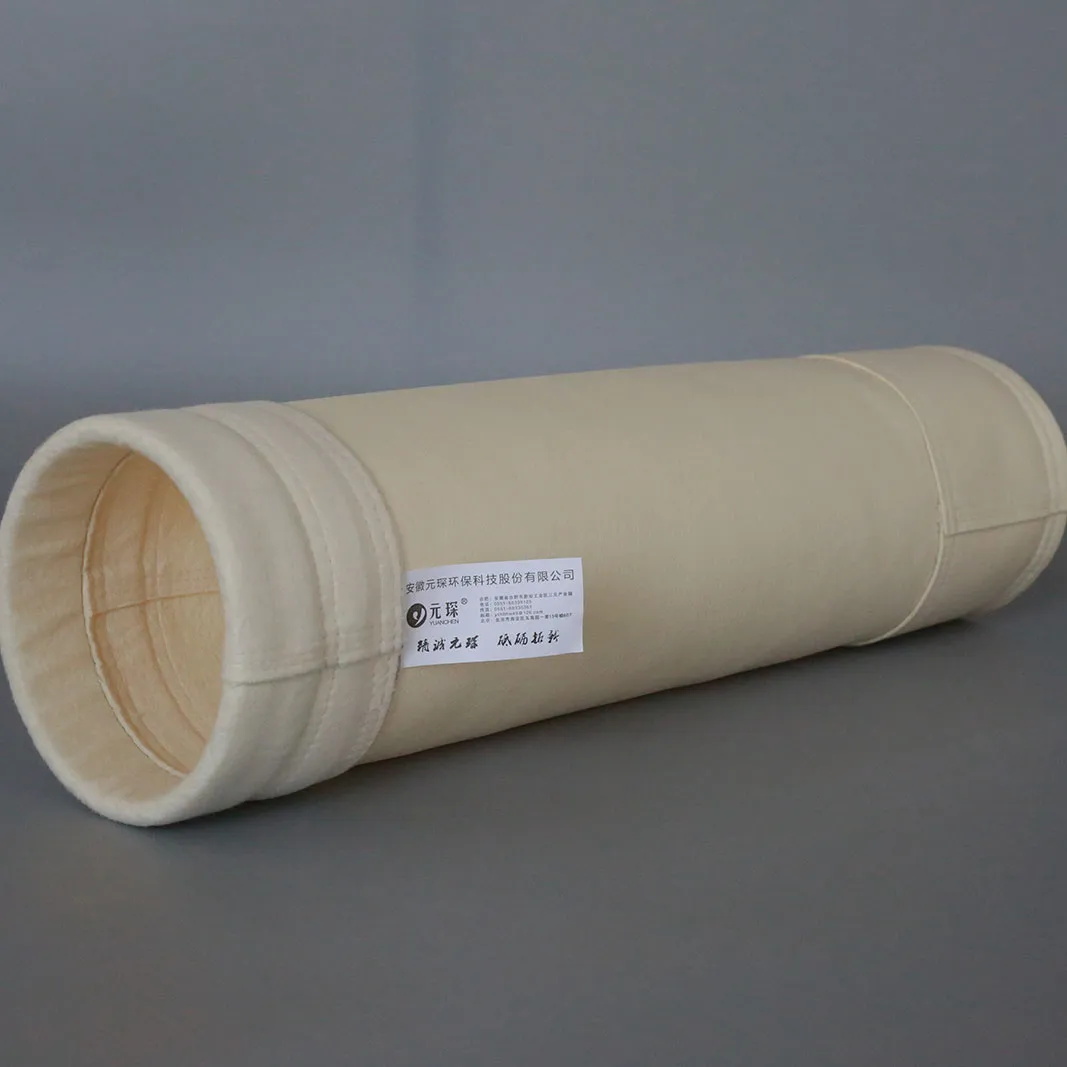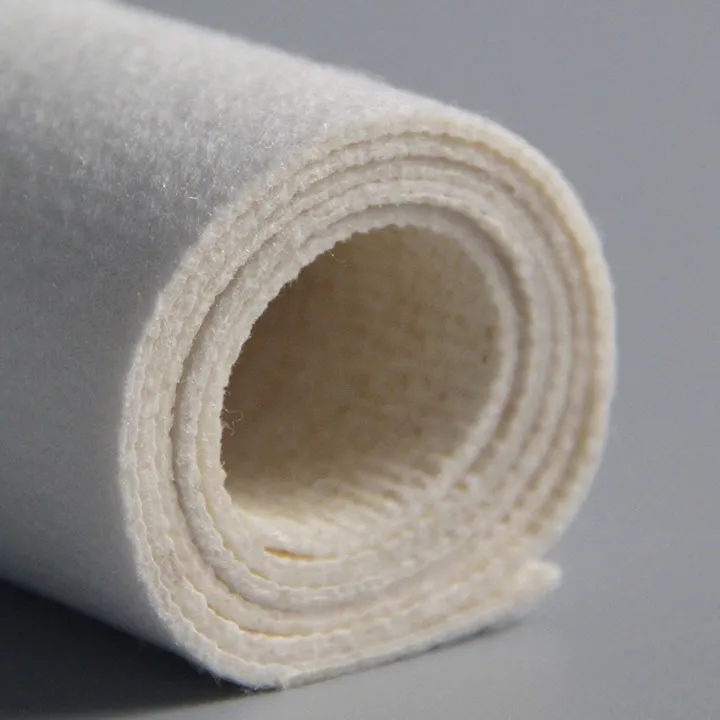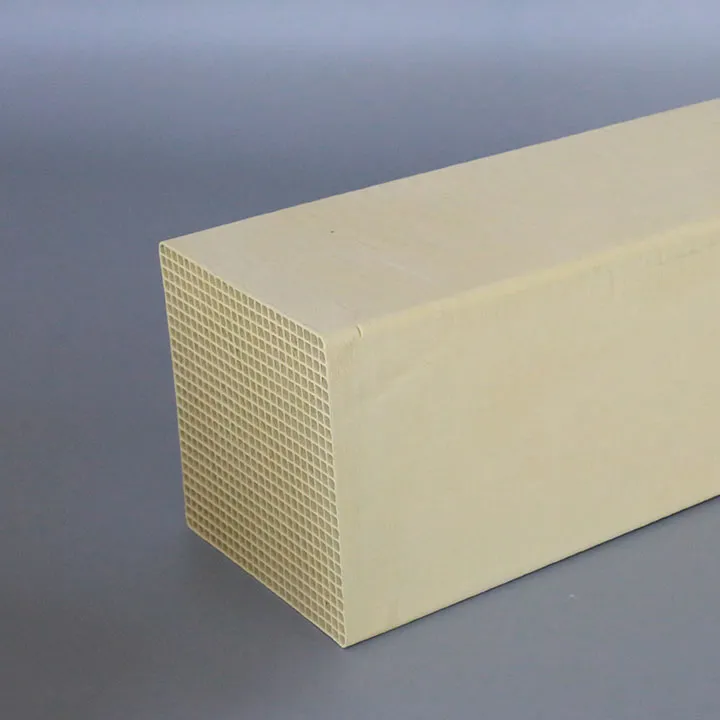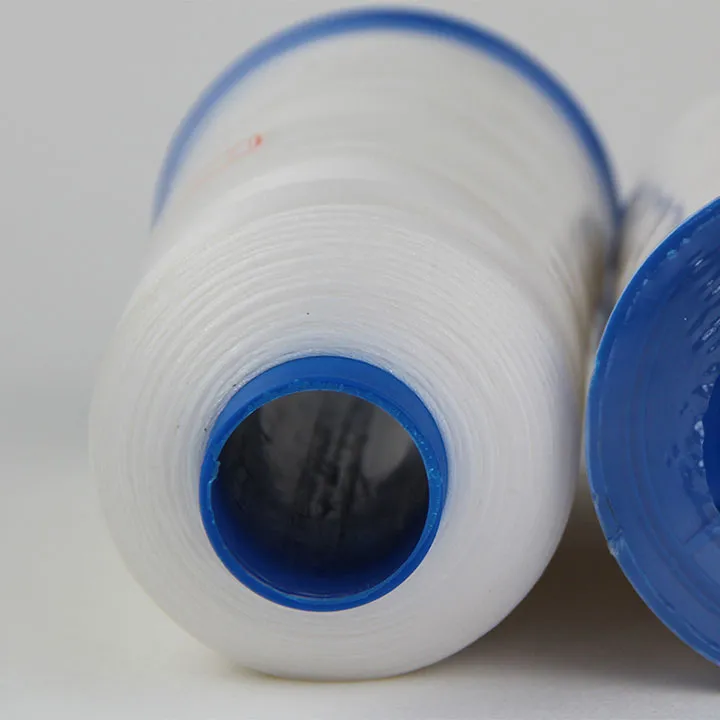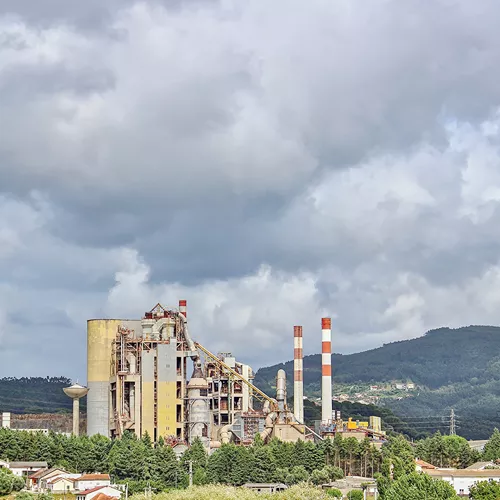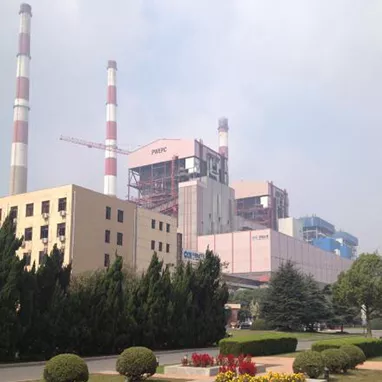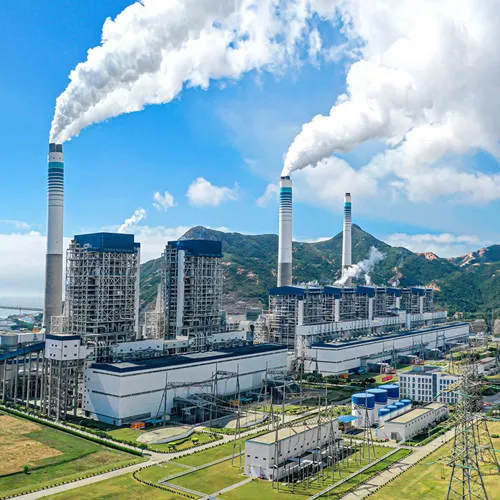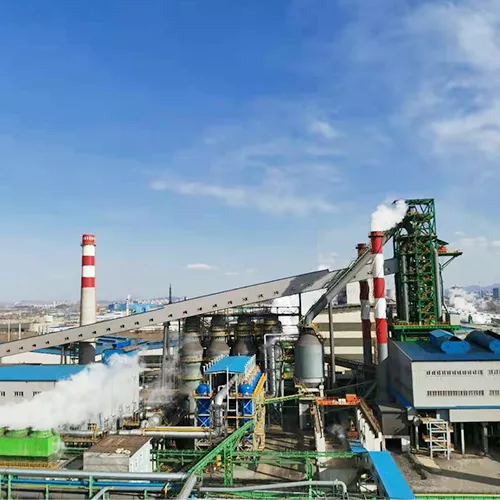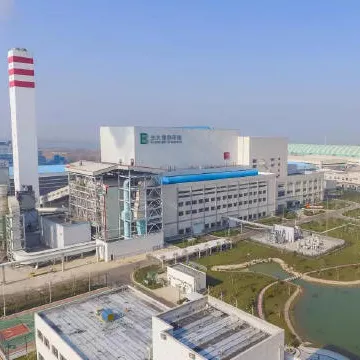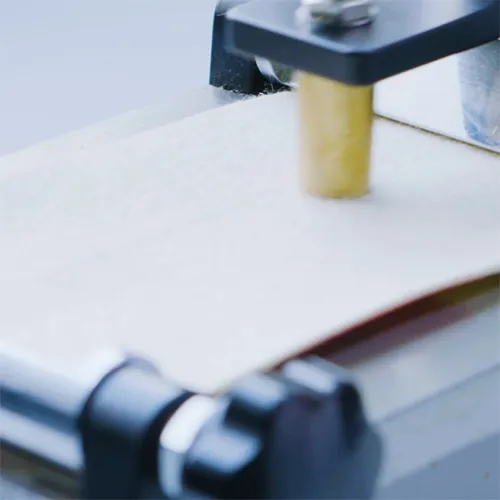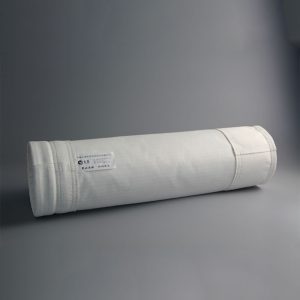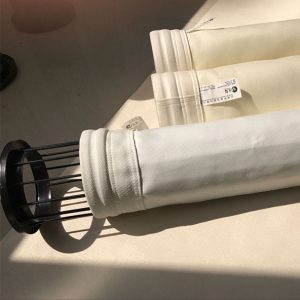Dust Collector Filter Bags: Polyester or Fiberglass?
Dust Collector Filter Bags: Polyester vs. Fiberglass - Choosing the Right Material
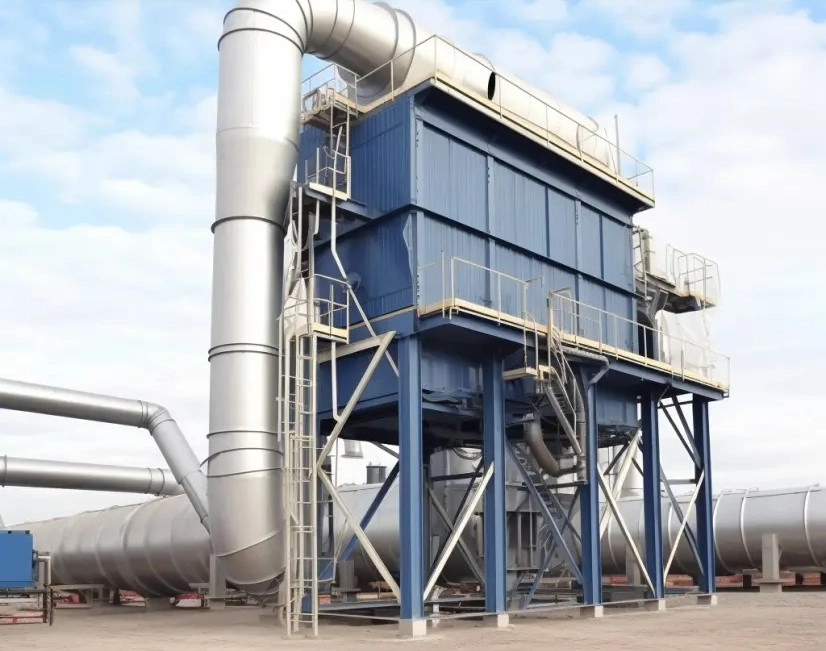
Choosing the right dust collector filter bag is crucial for maintaining an efficient and effective dust collection system. Two of the most popular filter bag materials are polyester and fiberglass. Both offer distinct advantages and disadvantages, making the selection process critical for optimizing performance and cost-effectiveness. This comprehensive guide will delve into the char
Understanding Dust Collector Filter Bags
Dust collector filter bags are essential components of baghouse filtration systems, playing a critical role in capturing and removing dust particles from industrial exhaust streams. These bags are typically made from woven or non-woven fabrics, designed to withstand various operating conditions and efficiently trap dust particles of different sizes. Choosing the right filter bag material is crucial for ensuring optimal performance, longevity, and cost-effectiveness of the dust collection system.
Polyester Filter Bags:
Polyester filter bags are a popular choice for many industrial applications due to their versatility and balance of performance characteristics.
Advantages of Polyester Filter Bags
Excellent Chemical Resistance: Polyester exhibits good resistance to a wide range of chemicals, including acids, alkalis, and organic solvents. This makes them suitable for applications involving corrosive dusts or chemical fumes.
Good Abrasion Resistance: Polyester fibers are relatively strong and durable, able to withstand the wear and tear associated with dust-laden airstreams and frequent cleaning cycles.
High Tensile Strength: Polyester bags can handle high air-to-cloth ratios and maintain their structural integrity under demanding operating conditions.
Wide Operating Temperature Range: Polyester filter bags can effectively operate across a broad temperature range, making them suitable for various industrial environments.
Cost-Effective: Compared to some other filter bag materials, polyester offers a balance of performance and affordability.
For more product details please view our product pages.
Fiberglass Filter Bags:
Fiberglass filter bags are known for their high-temperature resistance and excellent filtration efficiency, making them suitable for specific industrial applications.
Advantages of Fiberglass Filter Bags
Exceptional Temperature Resistance: Fiberglass can withstand extremely high temperatures, making it ideal for applications involving hot gases or incinerators.
High Filtration Efficiency: Fiberglass filter bags offer excellent particle capture capabilities, effectively removing fine dust and fumes from the airstream.
Dimensional Stability: Fiberglass maintains its shape and structural integrity even at elevated temperatures, ensuring consistent performance.
Chemical Resistance: Fiberglass exhibits good resistance to many chemicals, although not as broad as polyester.
Inherent Fire Retardancy: Fiberglass is naturally fire-resistant, adding an extra layer of safety in environments with potential fire hazards.
For more product details please view our product pages.
Choosing the Best Material for Your Needs
Selecting the optimal dust collector filter bag material involves carefully evaluating several factors specific to your industrial application and operating conditions.
Factors to Consider
Operating Temperature
High-Temperature Applications: If your industrial process involves high temperatures exceeding the limits of polyester (around 275°F or 135°C), fiberglass filter bags are the preferred choice due to their exceptional heat resistance.
Moderate Temperature Applications: For applications with moderate temperatures within the range suitable for polyester, the choice may depend on other factors like chemical resistance and cost considerations.
Learn more about how to replace and clean dust filter bags in our guide on "How to clean a dust collector filter bag?"
Chemical Resistance
Corrosive Environments: Evaluate the chemical composition of the dust and gases your baghouse system will handle. Polyester offers broader chemical resistance, making it suitable for various acidic, alkaline, and organic compounds. Fiberglass also exhibits good chemical resistance but may not be compatible with all substances.
Specific Chemical Compatibility: Consult with filter bag manufacturers or material safety data sheets to ensure the chosen material is compatible with the specific chemicals present in your application.
Efficiency Requirements
Fine Particle Filtration: If your process generates very fine dust particles, fiberglass filter bags with their high filtration efficiency may be necessary to achieve the desired air quality and emission control.
General Dust Collection: Polyester filter bags can effectively capture a wide range of particle sizes, making them suitable for many general dust collection applications.
Want to know the differences between dust collectors in different fields of industry? View in our guide on "Baghouse filter application in 4 different industry areas"
Cost and Durability
Initial Investment: Fiberglass filter bags typically have a higher upfront cost compared to polyester bags.
Durability and lifespan: While fiberglass offers excellent heat resistance, it can be more susceptible to mechanical damage and may require more frequent replacements. Polyester, with its good abrasion resistance, may offer a longer lifespan in certain applications.
Total Cost of Ownership: Consider the overall cost of ownership, including initial investment, maintenance, and replacement frequency, when making your decision.
Choosing the Best Material for Your Needs
Choosing between polyester and fiberglass dust collector filter bags depends on a careful evaluation of your specific industrial needs and operating conditions. By considering factors such as temperature requirements, chemical compatibility, filtration efficiency, and cost considerations, you can make an informed decision that optimizes the performance and longevity of your dust collection system.
Polyester filter bags offer versatility, good chemical resistance, and affordability, making them suitable for a wide range of applications. Fiberglass filter bags excel in high-temperature environments and provide exceptional filtration efficiency, ideal for specialized industrial processes.
Consult with experienced dust collection equipment suppliers and filter bag manufacturers to discuss your specific requirements and receive expert guidance in selecting the best filter bag material for your needs. Remember, investing in the right filter bags is crucial for maintaining a clean and healthy work environment, complying with emission regulations, and ensuring the overall efficiency and effectiveness of your dust collection system.

